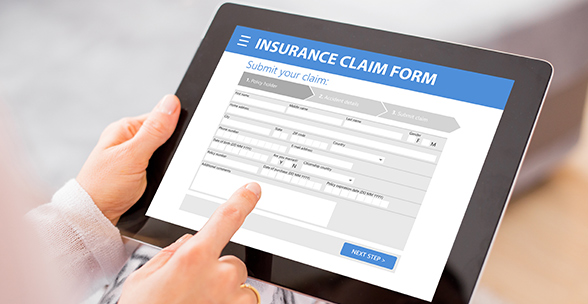Reimbursement Update: Get Ready for 2017
With implementation beginning in 2017, the Centers for Medicare & Medicaid Services (CMS) has cited a handful of changes that are likely to affect medical practices in a multitude of ways. It is vital to outline the details of the new reimbursement model to understand the scope of what changes lie in the future.
On October 14, 2016, CMS issued the Final Rule regarding the implementation of the Medicare Access and CHIP Reauthorization Act of 2015 (MACRA). The lengthy document outlines the new Medicare reimbursement model, the Quality Payment Program (QPP). As described by MACRA, the QPP offers two paths to reimbursement: joining an Advanced Alternative Payment Model (AAPM) or reporting through the Merit-based Incentive Payment System (MIPS). Despite its voluminous nature, the material covers only the initial year of the program, with CMS announcing that 2017 is its “Transition Year and Iterative Learning and Development Period.” A summary of the announcement highlighted changes such as adjustment to the low-volume threshold (now $30,000), lowering the improvement activities to four, and easing the criteria for meaningful use reporting (now called “Advancing Care Information” [ACI] under the new program). CMS also promised to expand the definition of AAPMs, but won’t do so until well into 2017, making it nearly impossible to join one until 2018.
The QPP begins in 2017, with MIPS reporting required by March 31, 2018. This initial performance year establishes Medicare payments in 2019, with an adjustment of 4%, up or down. If participants fail to submit any 2017 data and qualify for the program, they will receive an automatic 4% penalty. Qualifying participants who achieve a final score of 70 or higher will be eligible for the exceptional performance adjustment. The cost category is eliminated for the first performance year (2017); therefore, Medicare reimbursement for the coming year is tied to the remaining three “pillars:” Quality, Improvement Activities, and ACI. Those three categories contribute, respectively, 60%, 15% and 25%, to formulating a composite performance score. The 2017 score will be used to determine the adjustments to payments in 2019.
On November 2, 2016, the CMS released another important Final Rule; this document outlined the 2017 Medicare Physician Fee Schedule (MPFS). This announcement outlined the overall 0.24% decrease in Medicare payments in 2017 (after alterations to the scale). Behavioral health is the big “winner” for 2017, with multiple new codes and corresponding payment introduced. Citing a lower-than-expected utilization for chronic care management (CCM) services to date, CMS revealed a medley of changes to lower the administrative burden associated with the CCM code, to include eliminating the requirement for a written consent. Further, two new codes for complex CCM were confirmed for payment.
Two specific services, mammography and endoscopy, received notable changes. CMS issued new descriptors, policies and rates for the existing G-codes used for mammography. As part of a significant revision to services that include moderate sedation, CMS also incorporated a new endoscopy-specific moderate sedation code. Other changes include a modifier -FX that must be used on claims for x-rays that are taken using film, an expansion of coverage for telehealth services, and the initiation of the Medicare Diabetes Prevention Program (MDPP). In addition, surgeons in nine states performing select, high-volume, high-cost surgeries will be required to report the work associated with patients’ post-operative care via the current code, 99024.
In a separate ruling issued on November 1, CMS confirmed a 90-day reporting period for meaningful use, including any consecutive 90 days, for the EHR Incentive Program in 2016.
2017 is just around the corner, and those who have been participating in the government’s incentive programs to date will likely find this to be an easy transition. For those who haven’t, it is suggested to get yourself up to speed quickly in order to avoid any potential challenges with these new changes in the coming year.
Come learn more about these changes at my free webinar on Thursday, December 15 at 10 AM PT. Register now.




















